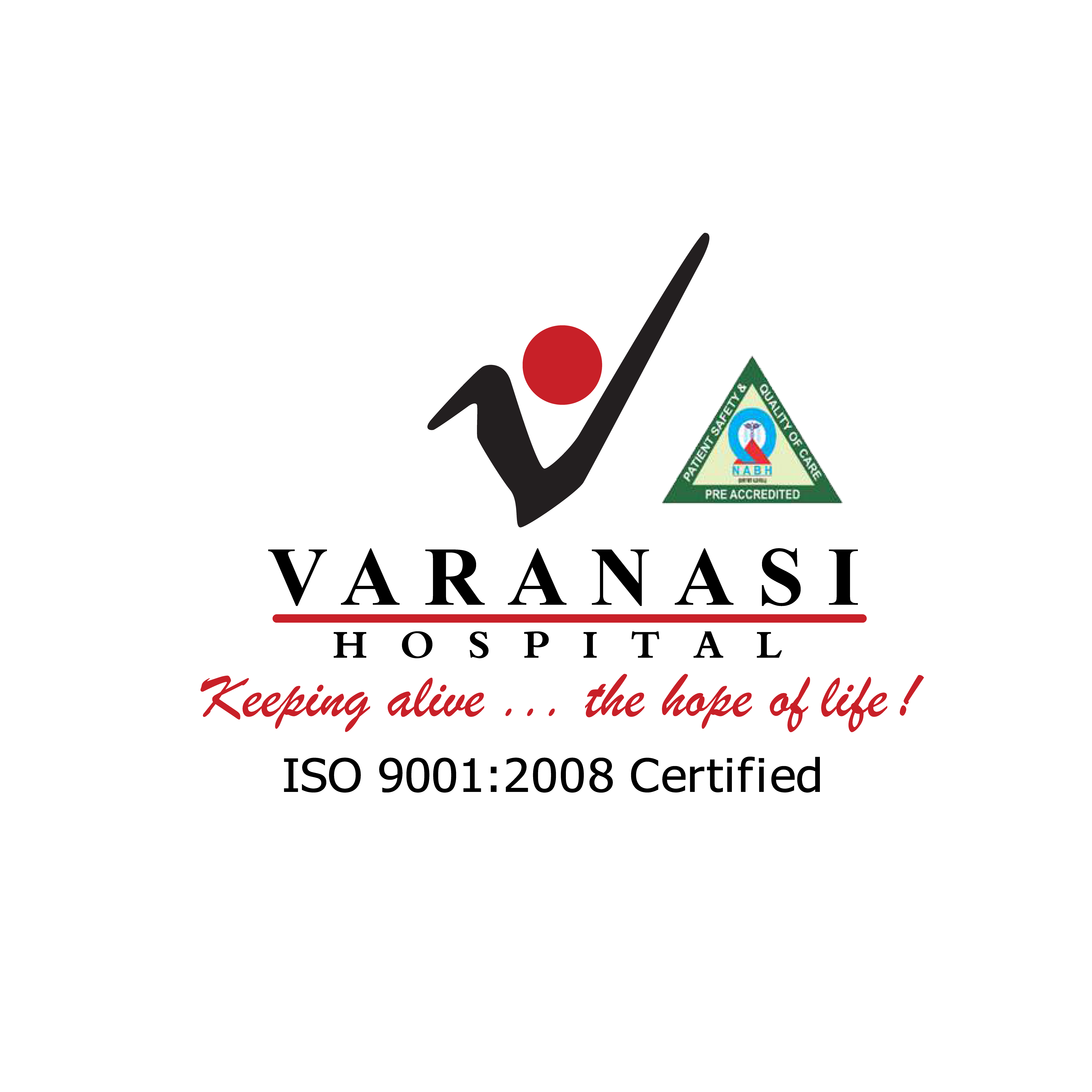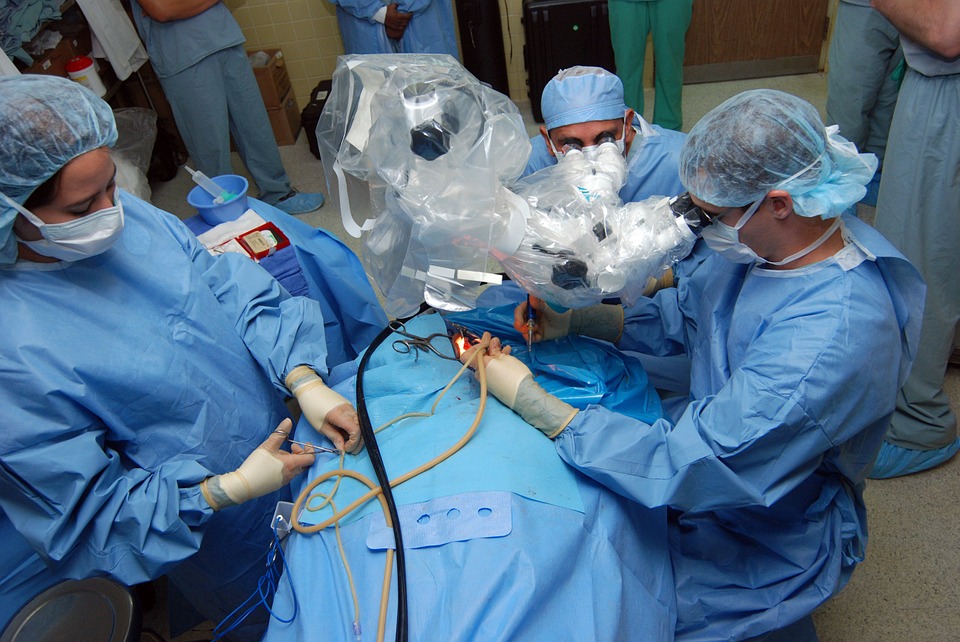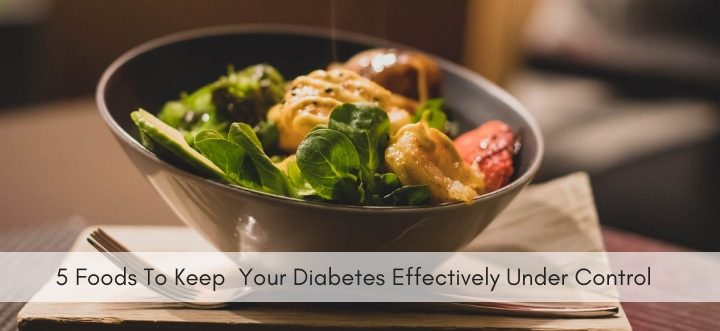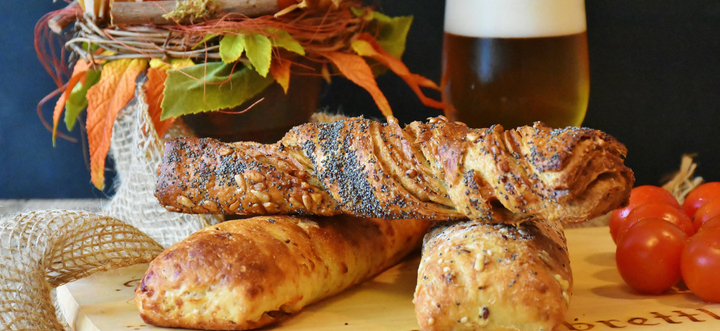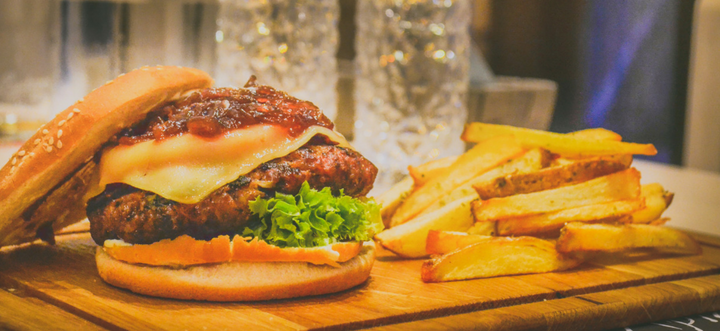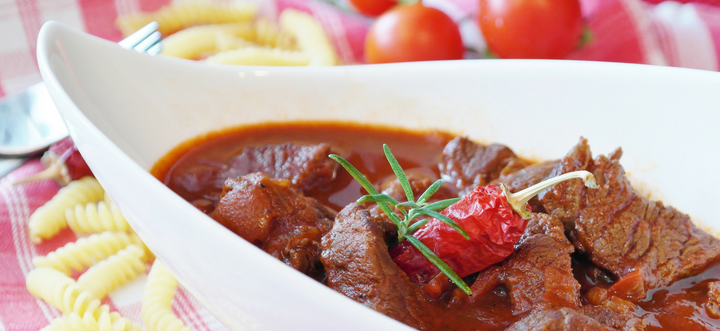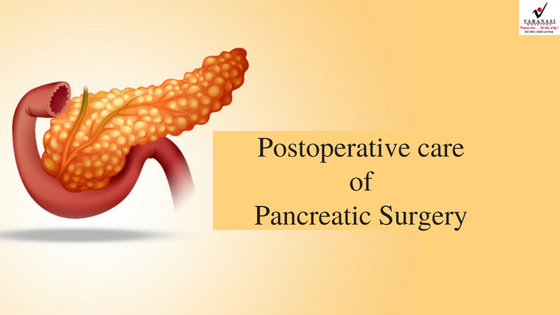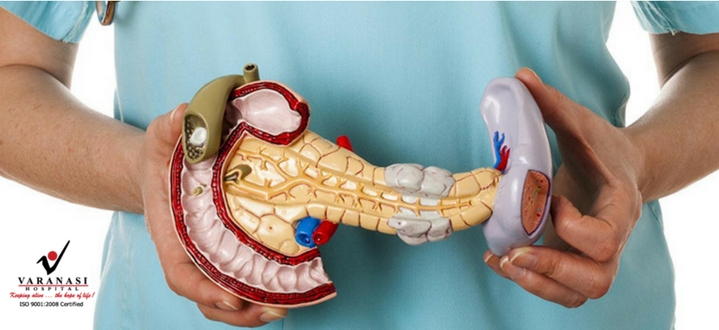Why Pancreatic Surgery is the best option for a diseased pancreas?
The pancreas is an important organ of the human body. The organ is responsible for digestion as well as several exocrine functions. As a result, any disease or complication related to the pancreas can have a harmful impact on the human body. As a result of the extremely unhealthy eating habits and sedentary lifestyle of human, the entire digestive system is under tremendous pressure. This has also resulted in irregular functioning of pancreas and the improper secretion of pancreatic juices. As a result, numerous patients opt for pancreatic surgeries for either addressing pancreatic tumours or conditions causing inflammation of the pancreas such as pancreatitis.
Pancreatic inflammation or tumours can be chronic or acute. In both cases, it is important to seek appropriate medical help for managing the condition of the patient. Often it can be done without any invasive intervention treatment method. However, there are cases of compromised pancreatic tissues where it can become severely infected. And if these conditions are longstanding, the best option available is surgery. Pancreatic Surgery in Varanasi Hospital is known for top-class surgical procedures with experienced doctors and skills medical staff, all within affordable range.
In pancreatic surgery, surgeons often remove the diseased part of the pancreas. In extreme cases, major portions of the pancreas are removed so that the infection does not occur in other organs. The pancreatic surgery is often a major operation wherein several hours are required for the operation. Patients are also required to remain at the hospital or clinic for one to two weeks after surgery and required several weeks for full recovery. However, there are also other methods for treating pancreatic diseases such as draining the pancreatic fluid from the pancreas or surgically opening pancreatic duct. In other cases, surgery can also be performed laparoscopically wherein the surgery is conducted with small incisions, without opening the body through large stitches. This type of surgery is performed under a shorter duration and recovery period is also significantly shorter.
Pancreas is a sensitive organ and therefore, it is essential to have sa killed medical team for pain-management after the surgery. There are also chances of complications and even corrective/subsequent surgical procedures for complete removal of the diseases parts. As such, it is essential to opt for only experienced and well-managed hospitals. Part ways from the pancreatic diseases and join a healthy life with Pancreatic Surgery in Varanasi Hospital.
